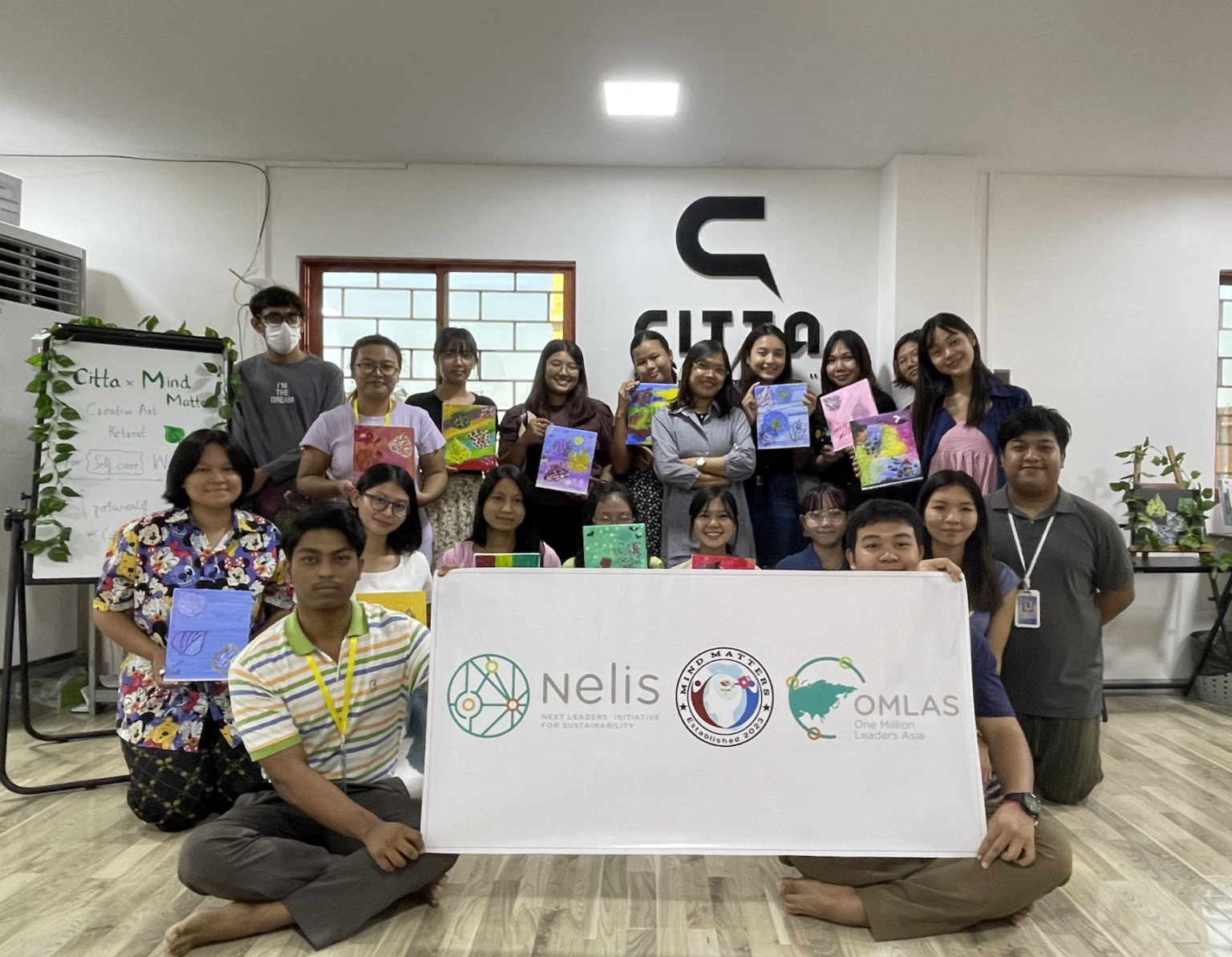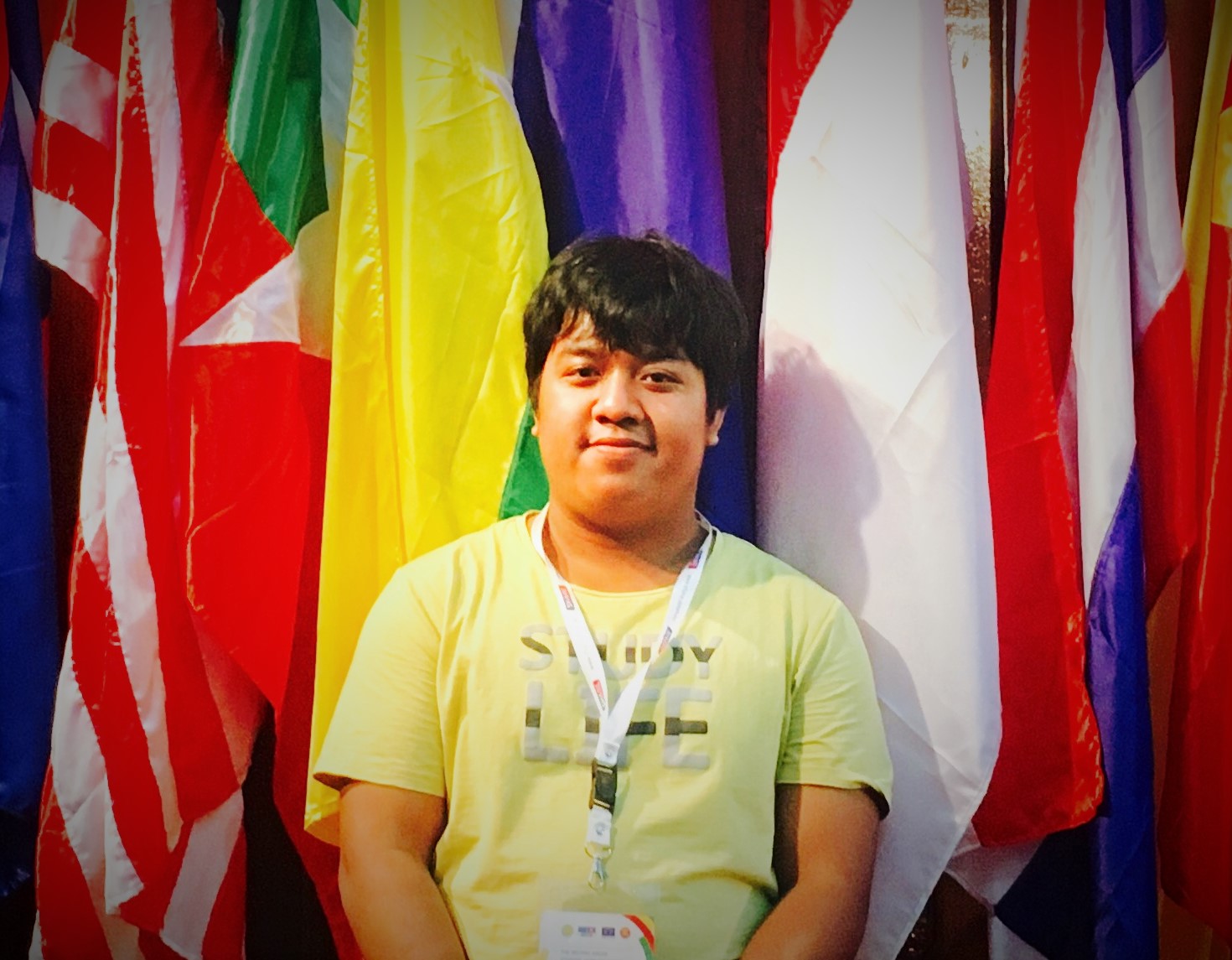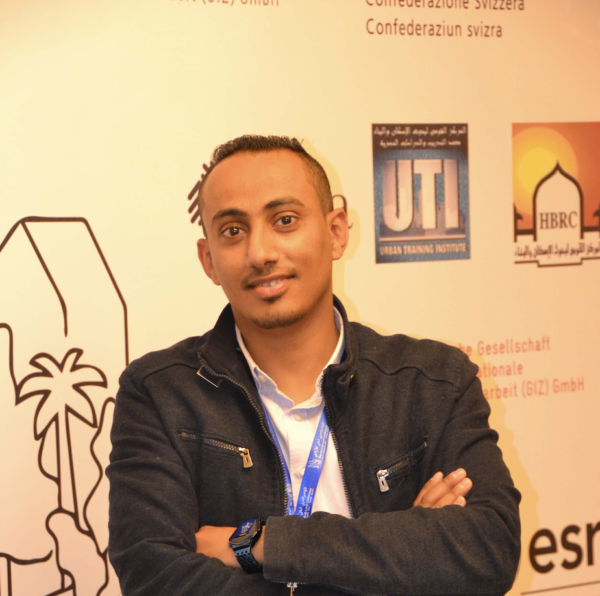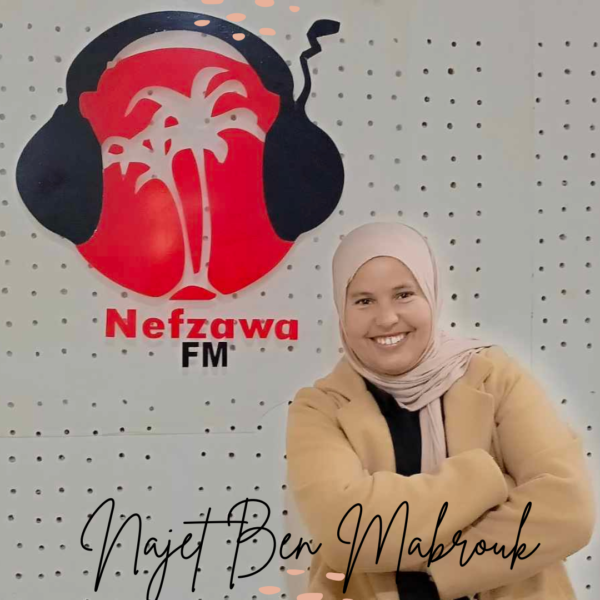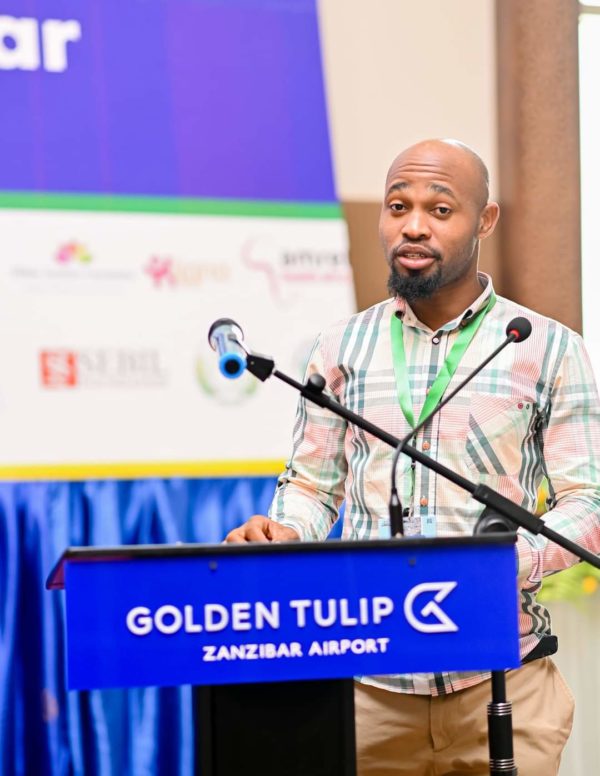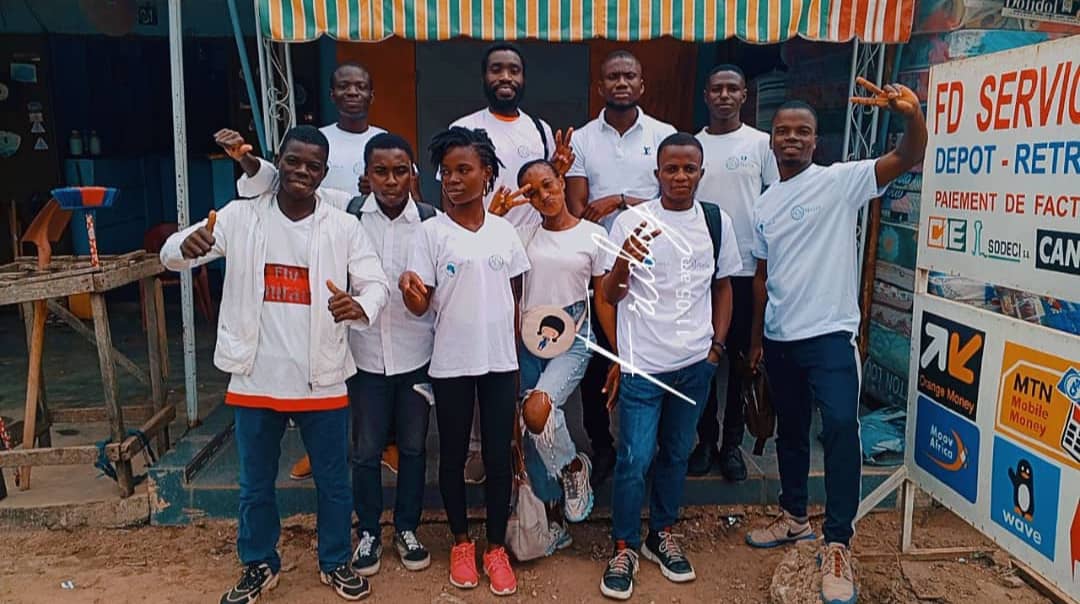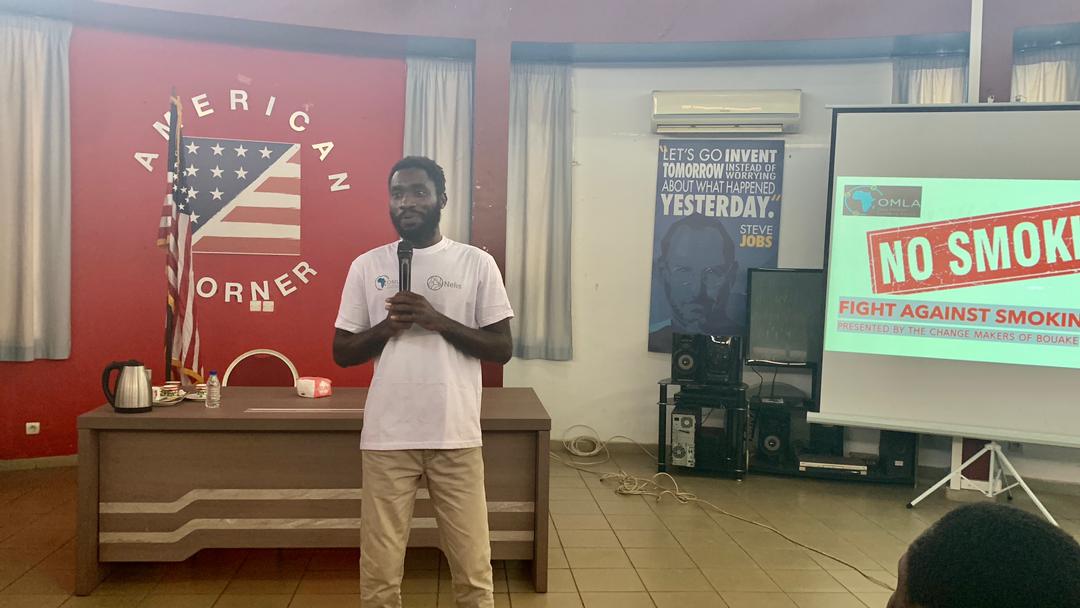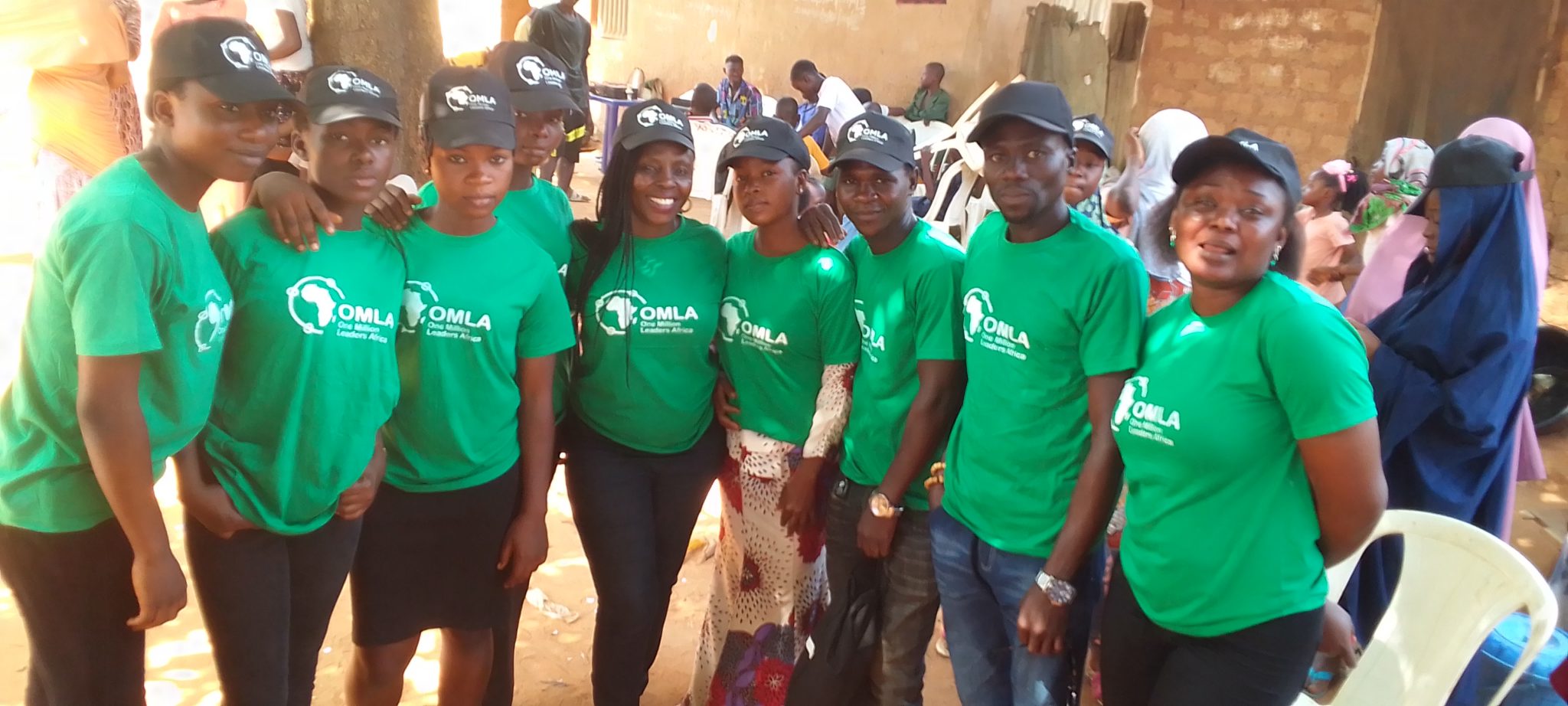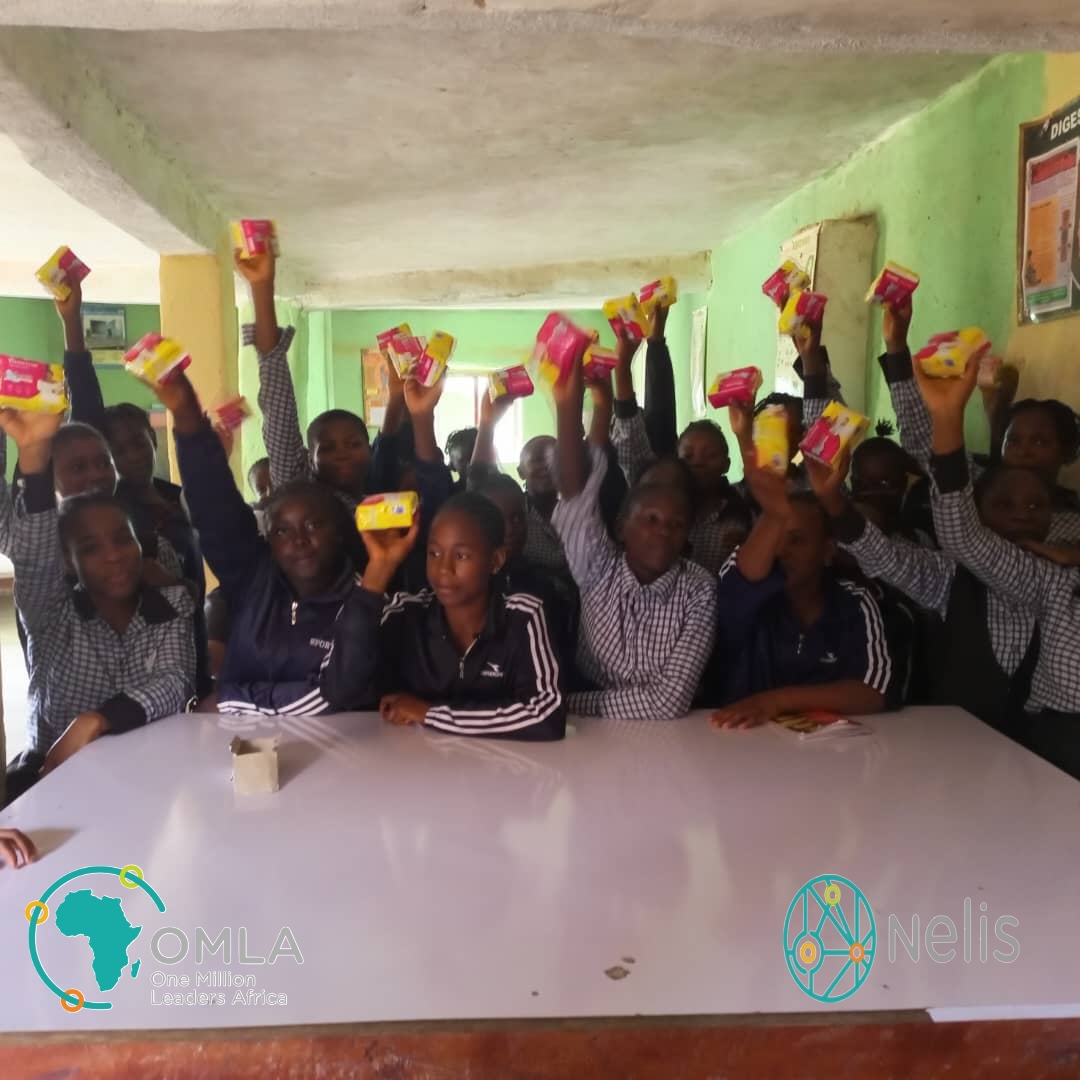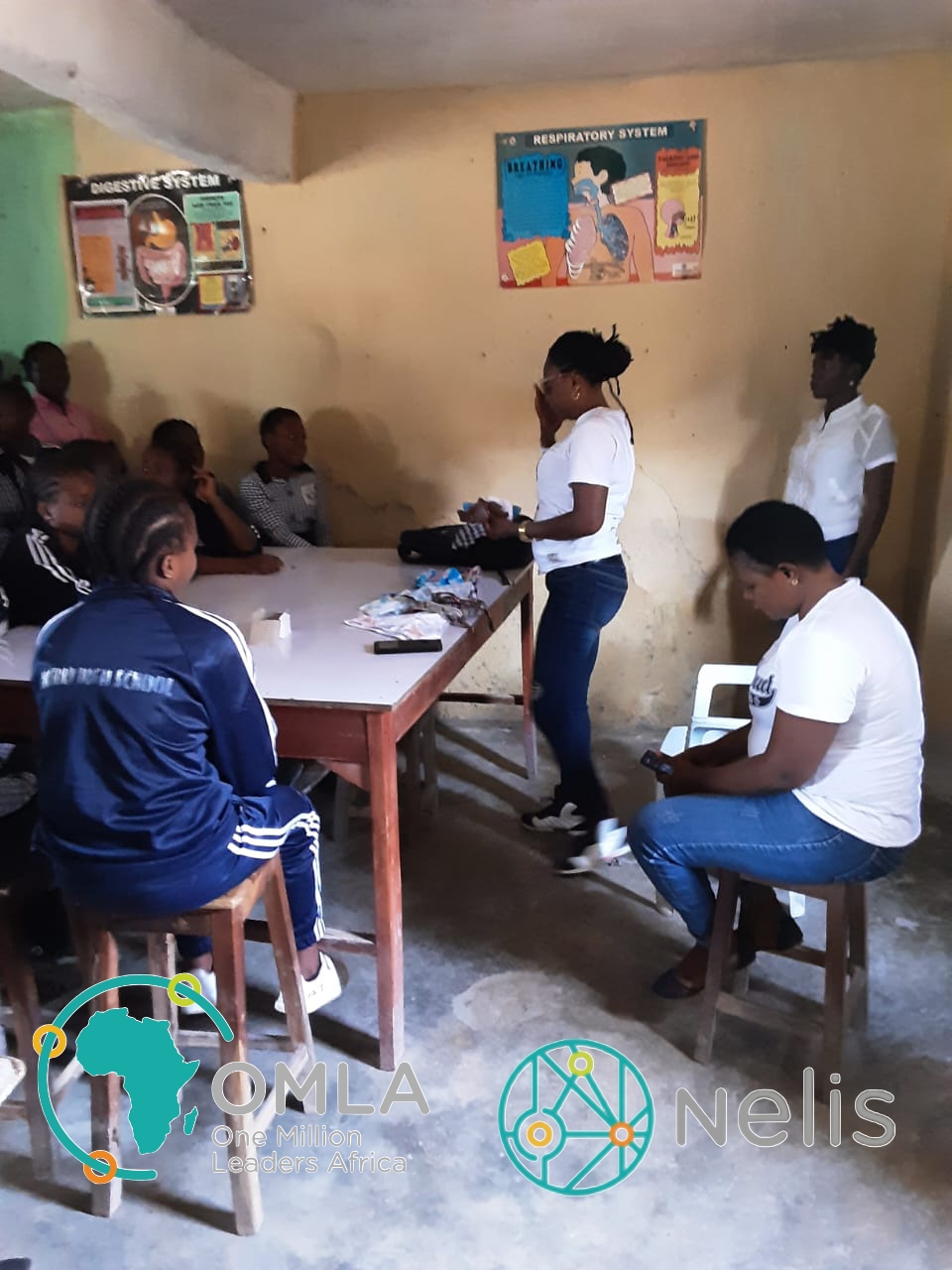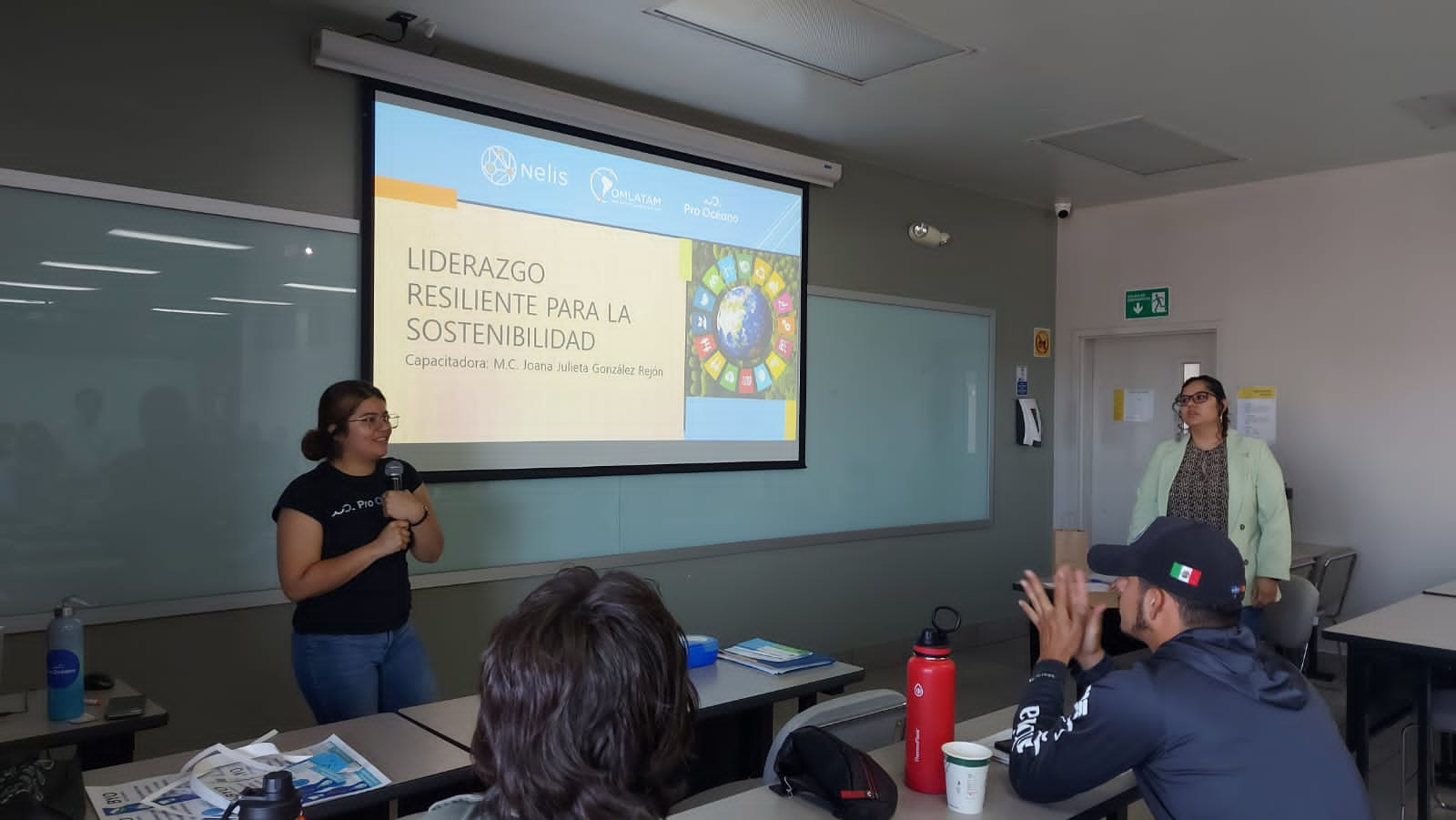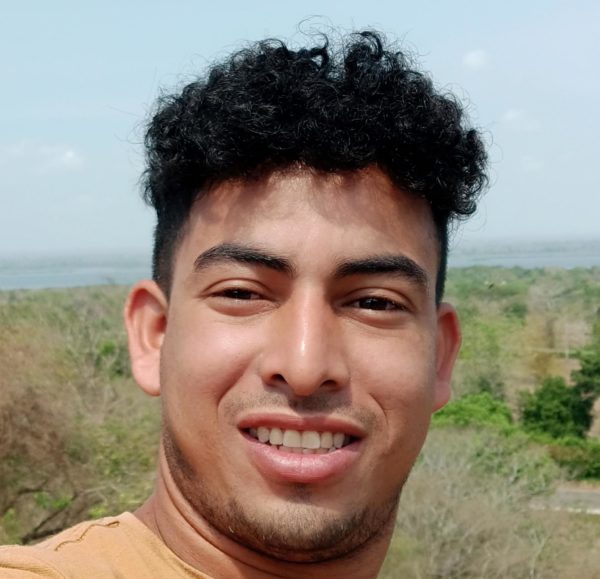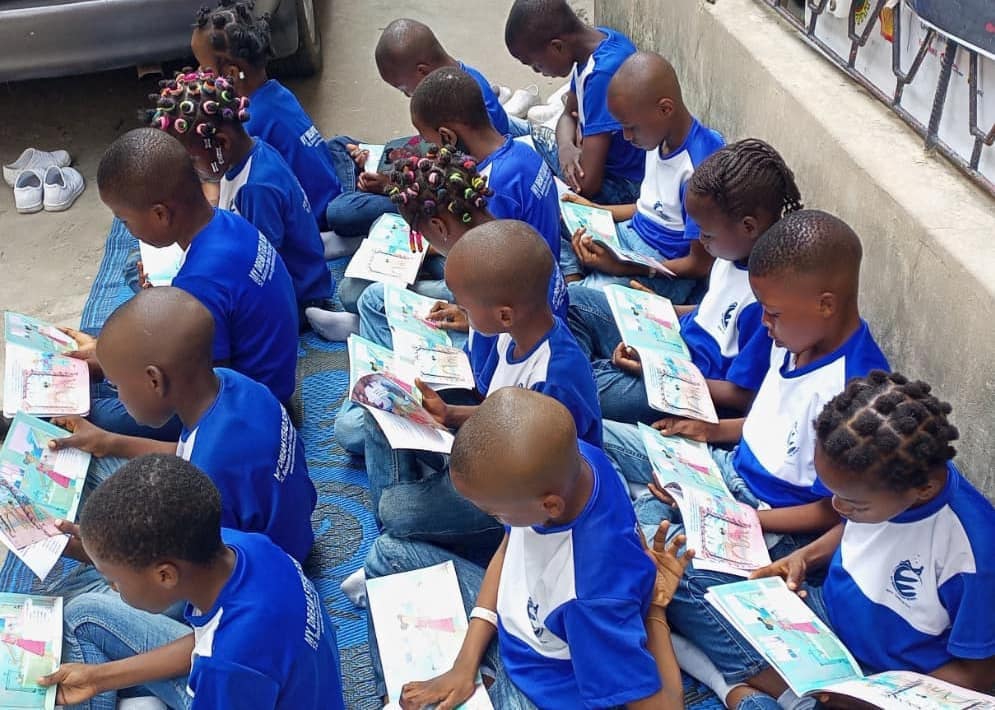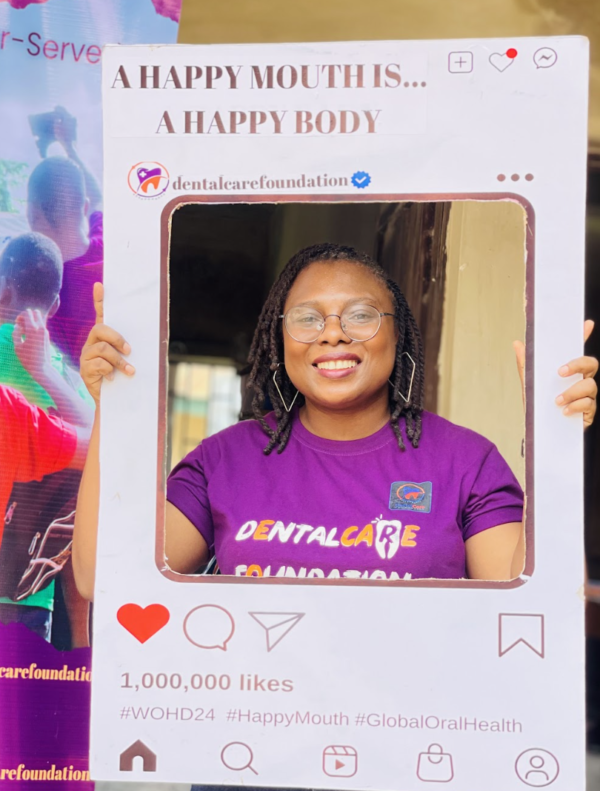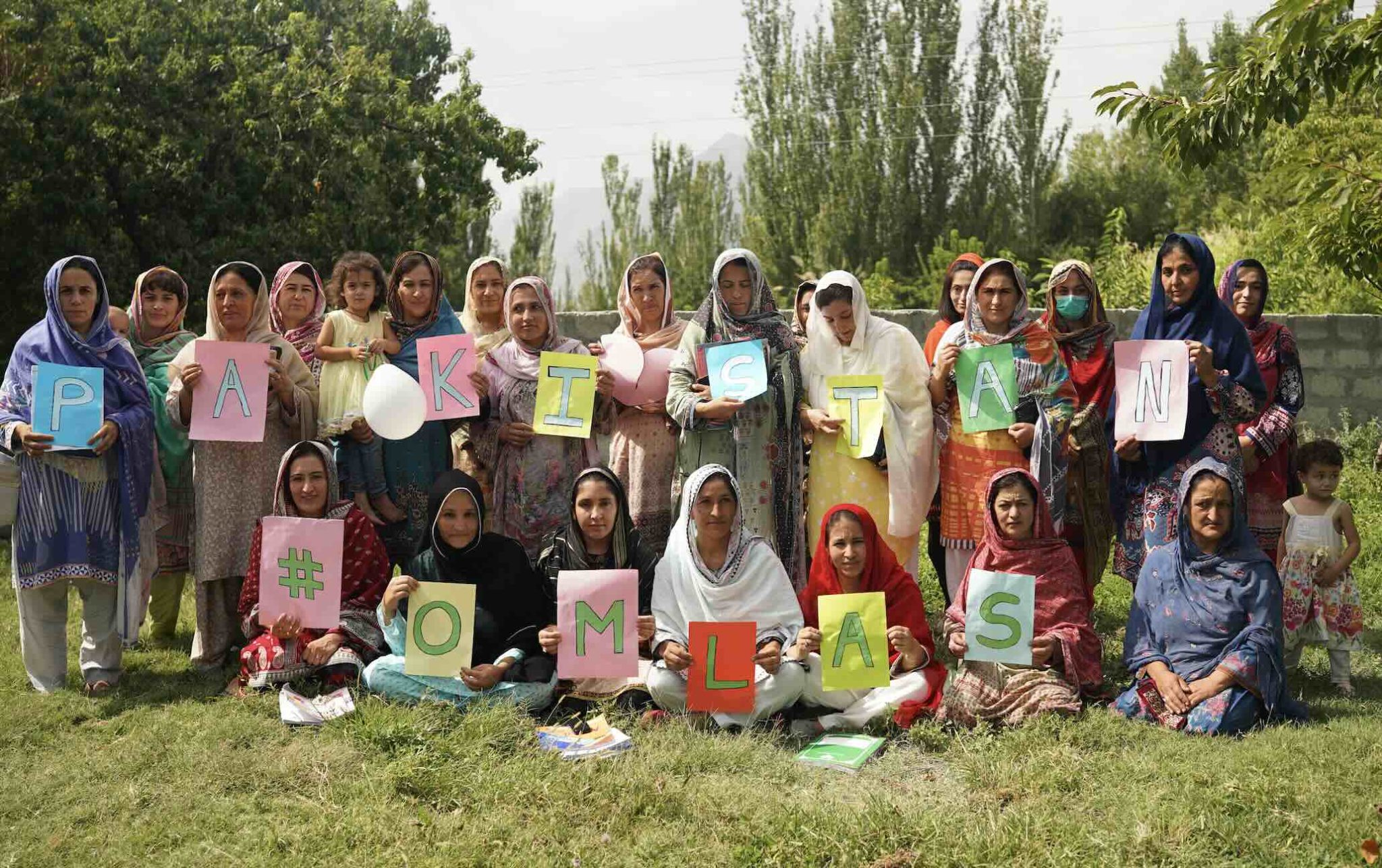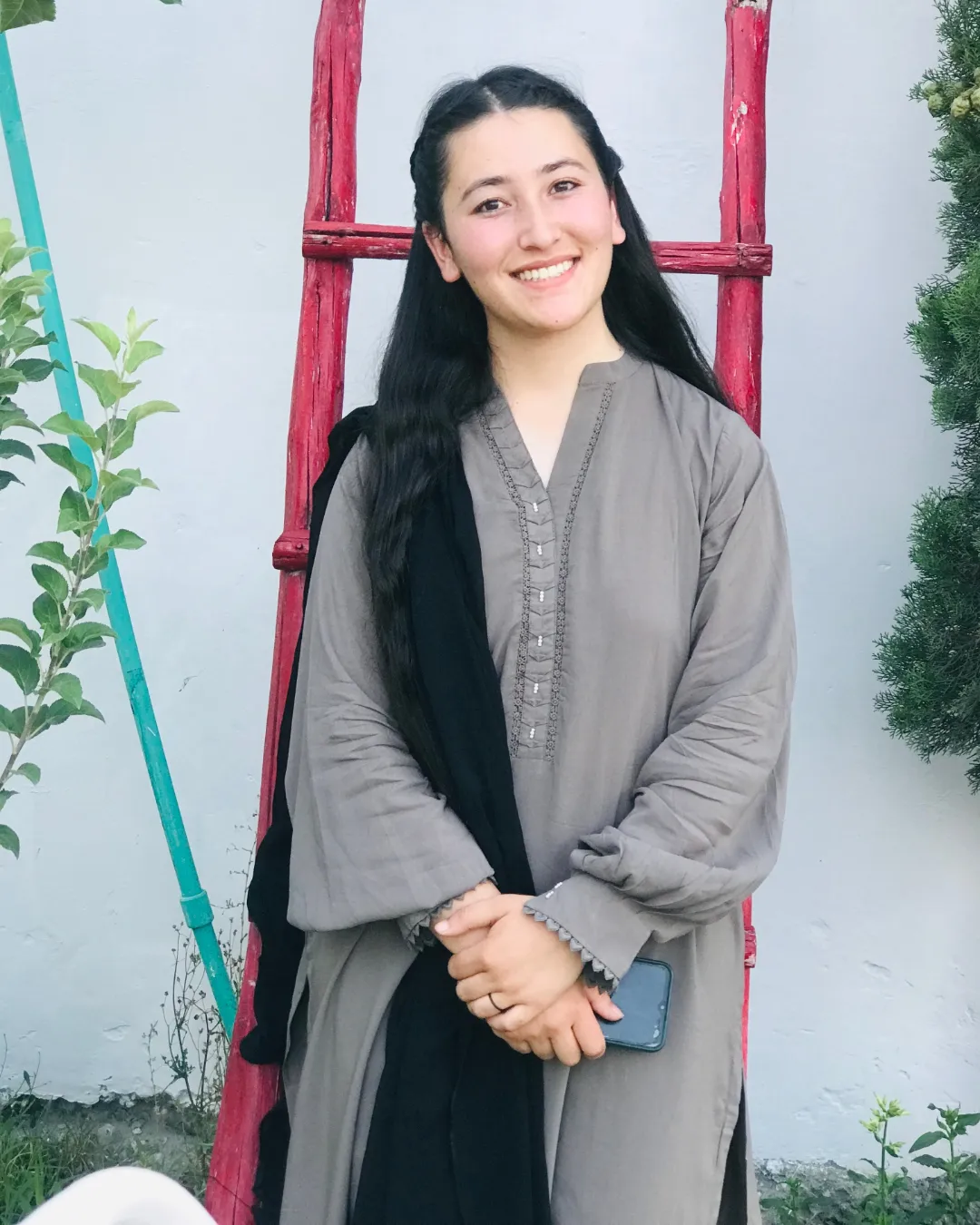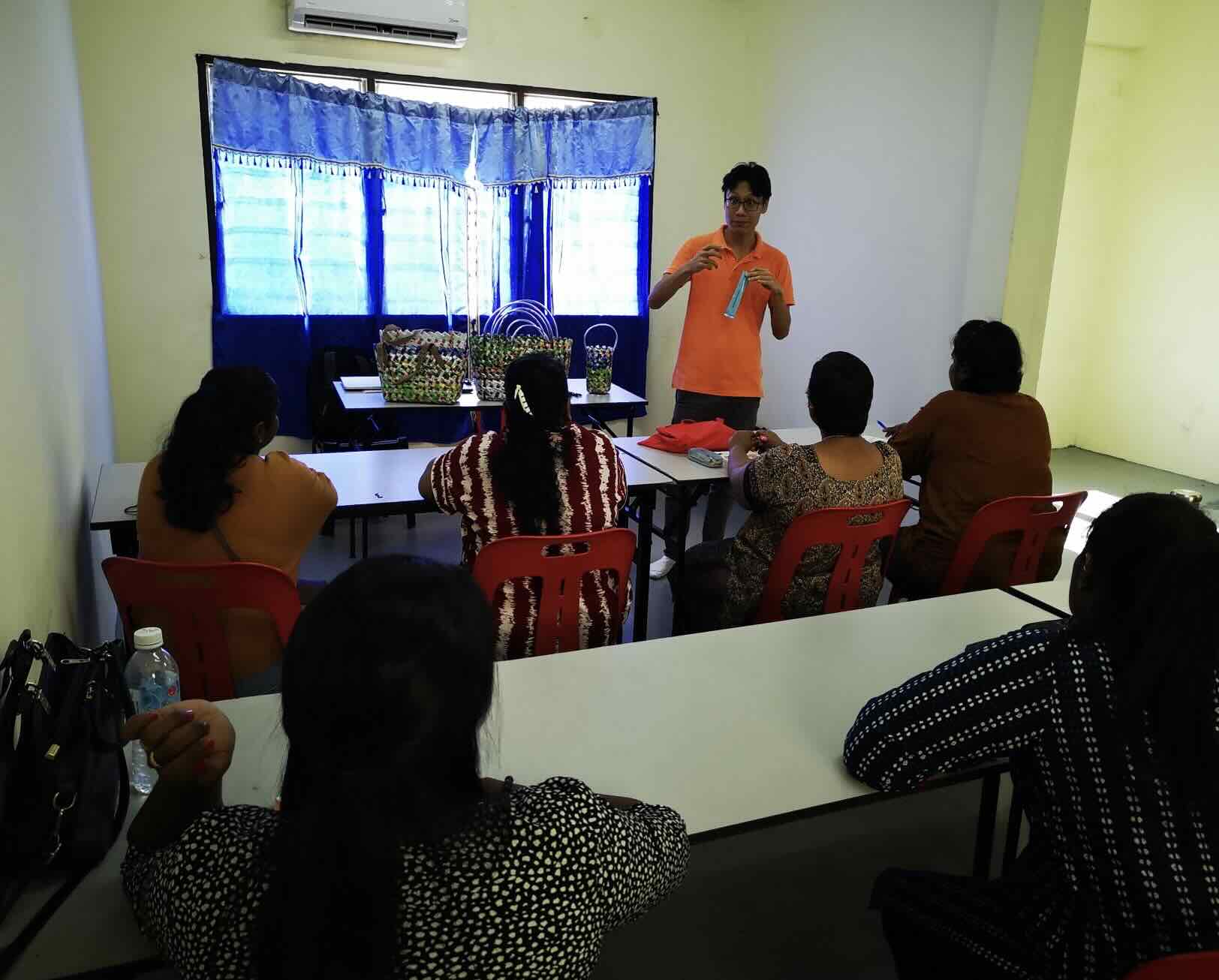
Providing safe drinking water sources for the displaced people.
Musheer Abdo Hamid Al-Sharabi
Yemen
SDG 6
Donation
Water
Descripcion 1: The proposed project aims to address the critical issue of water scarcity and improve the lives of vulnerable communities in the Al-Makhader district of Ibb Governorate in Yemen
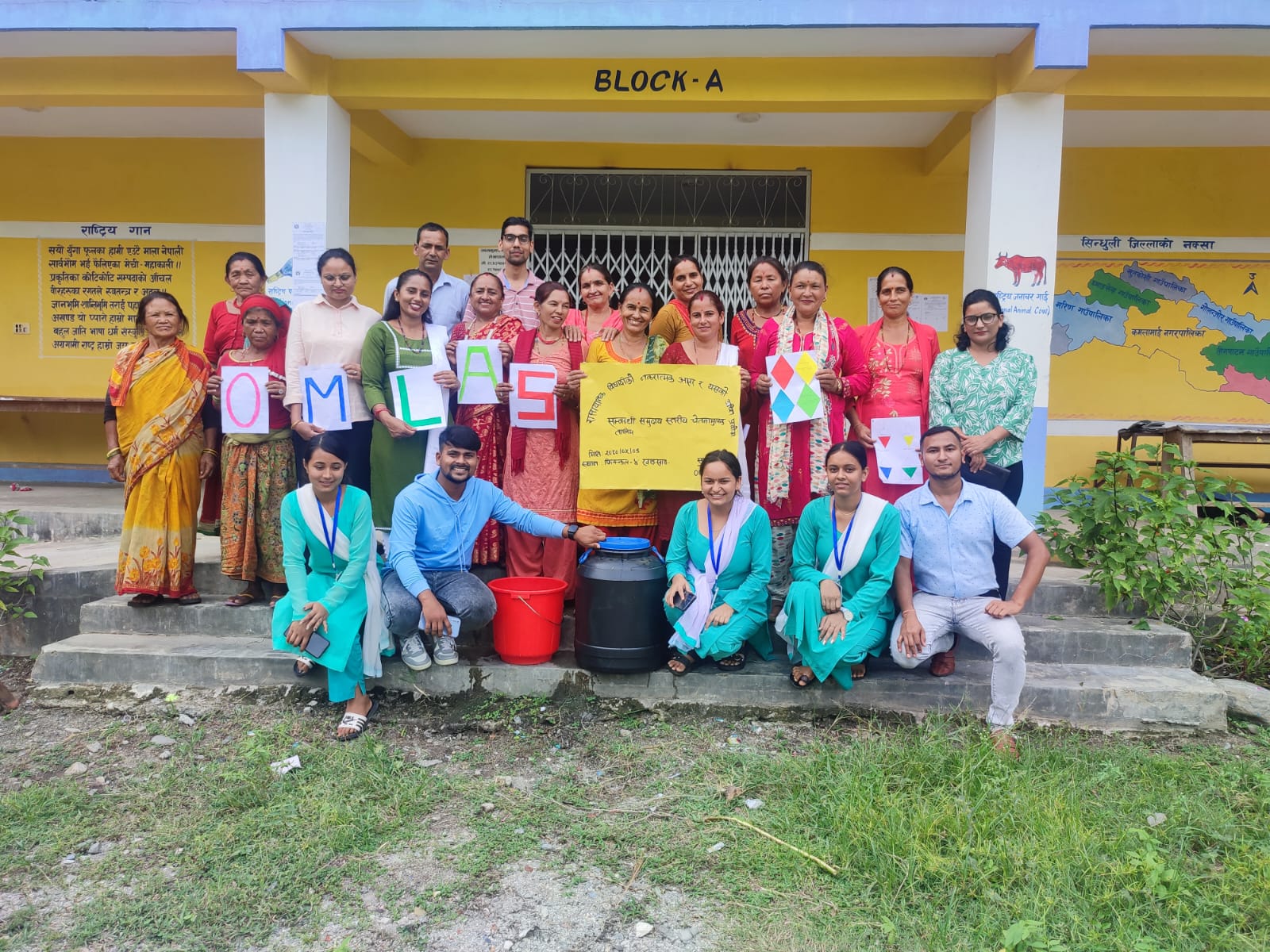
Enhancing Sustainable and Chemical free Agriculture in Nepal
Sarad Pokhrel
Nepal
SDG 2
Both
Agriculture
Descripcion 1: This project promotes environmentally friendly and sustainable farming practices in Nepal, addressing challenges such as limited knowledge of Integrated Pest Management (IPM), indiscriminate pesticide use, and over-reliance on chemical fertilizers.
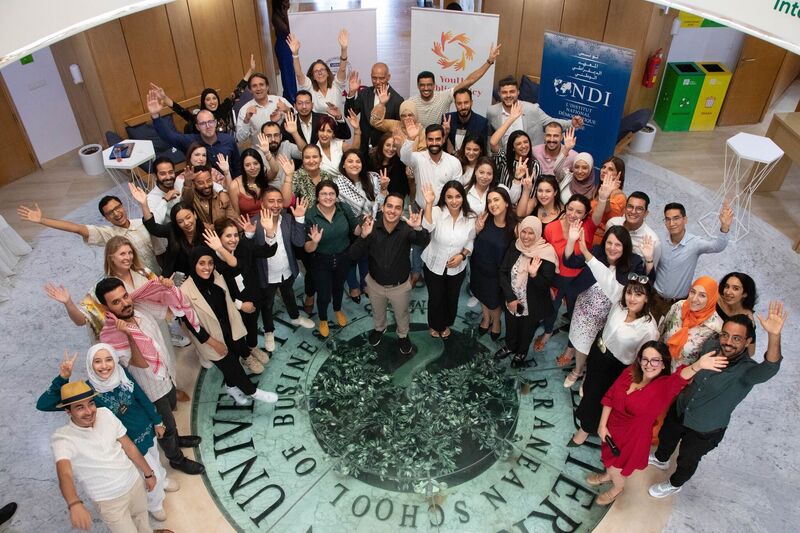
Oasis'Cast (Podcast as a social change project ) / social entrepreneur
Najet Ben Mabrouk
Kébili gouvernorat
SDG 5
Donation
Leadership
Descripcion 1: The podcast project aims to highlight the inspiring journey of the Women's Oasis Cooperative, focusing on their leadership and commitment to sustainability.
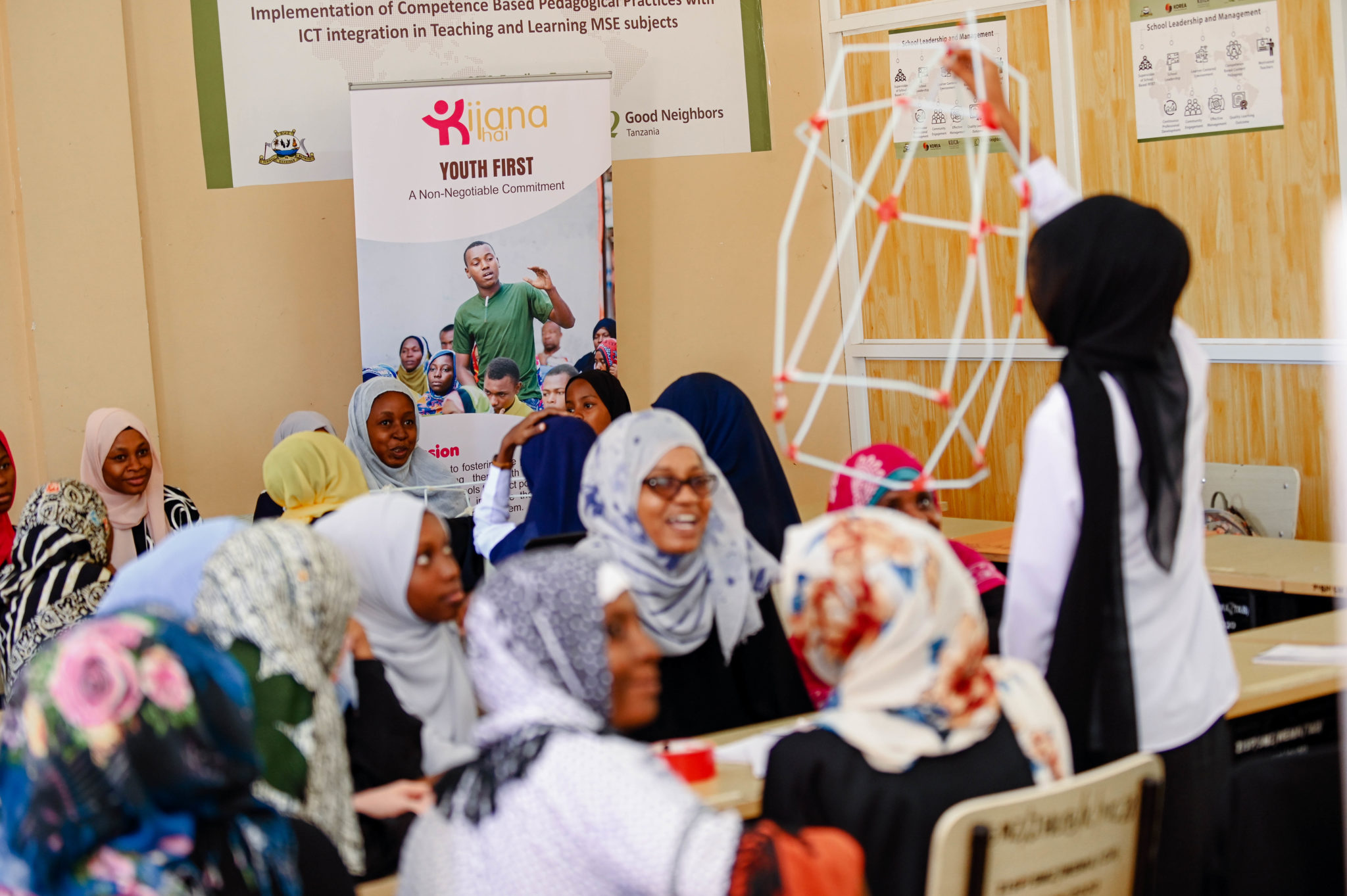
Kuza Uwezo
Erick Godfrey Ramsey
Zanzibar
SDG 1
Both
Community development
Descripcion 1: The Kuza Uwezo initiative aims to bridge the digital divide and foster an inclusive economic environment by equipping women with the necessary entrepreneurial skills and support by addressing SDG 3&1in Unguja, Zanzibar, Kijana Hai finds its strategic implementation ground in peri-urban areas, blending accessibility, technological infrastructure, and untapped economic opportunities.
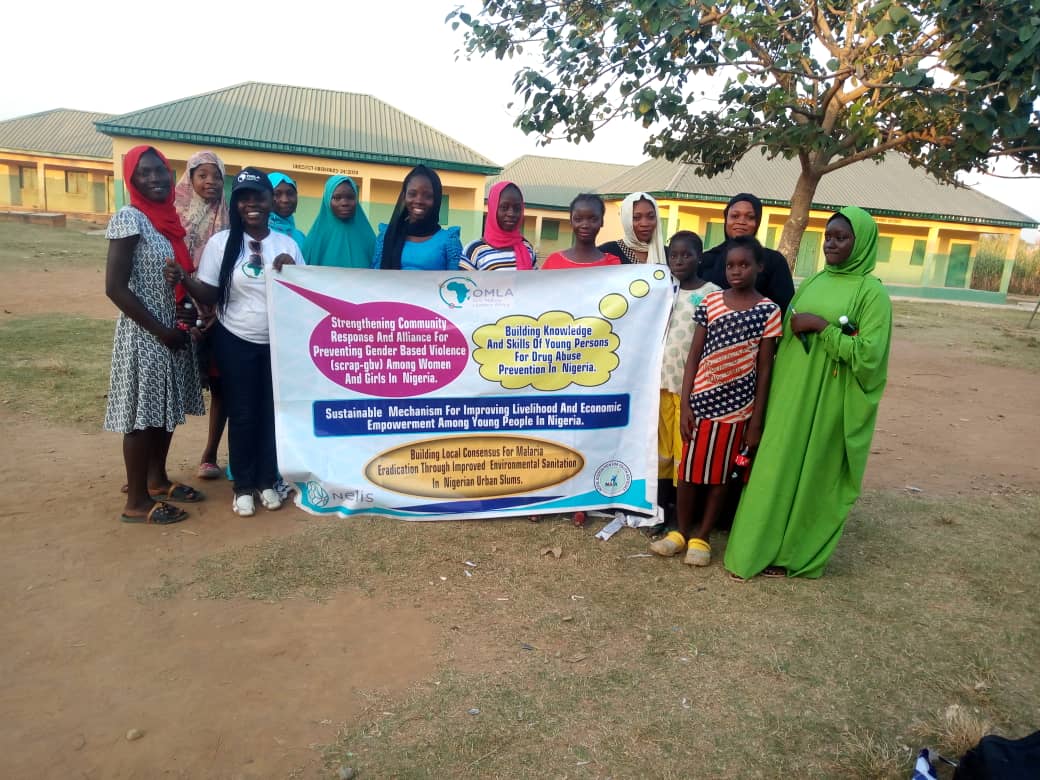
Skill Up Girls for Wealth (Skills4Wealth) Project
Rosemary Adejoh-Adaji
Nigeria
SDG 1
Donation
Gender equality
Descripcion 1: Skill 4 Wealth project is aimed at improving the livelihood of out-of -school Adolescent Girls and Young Women aged 15-24 years in five Nigerian urban slums and rural communities facing exploitation, abuse and/or violence through “vocational skill acquisition” “Leadership & Life skills training“entrepreneurship & financial literacy training” and “empowerment”.
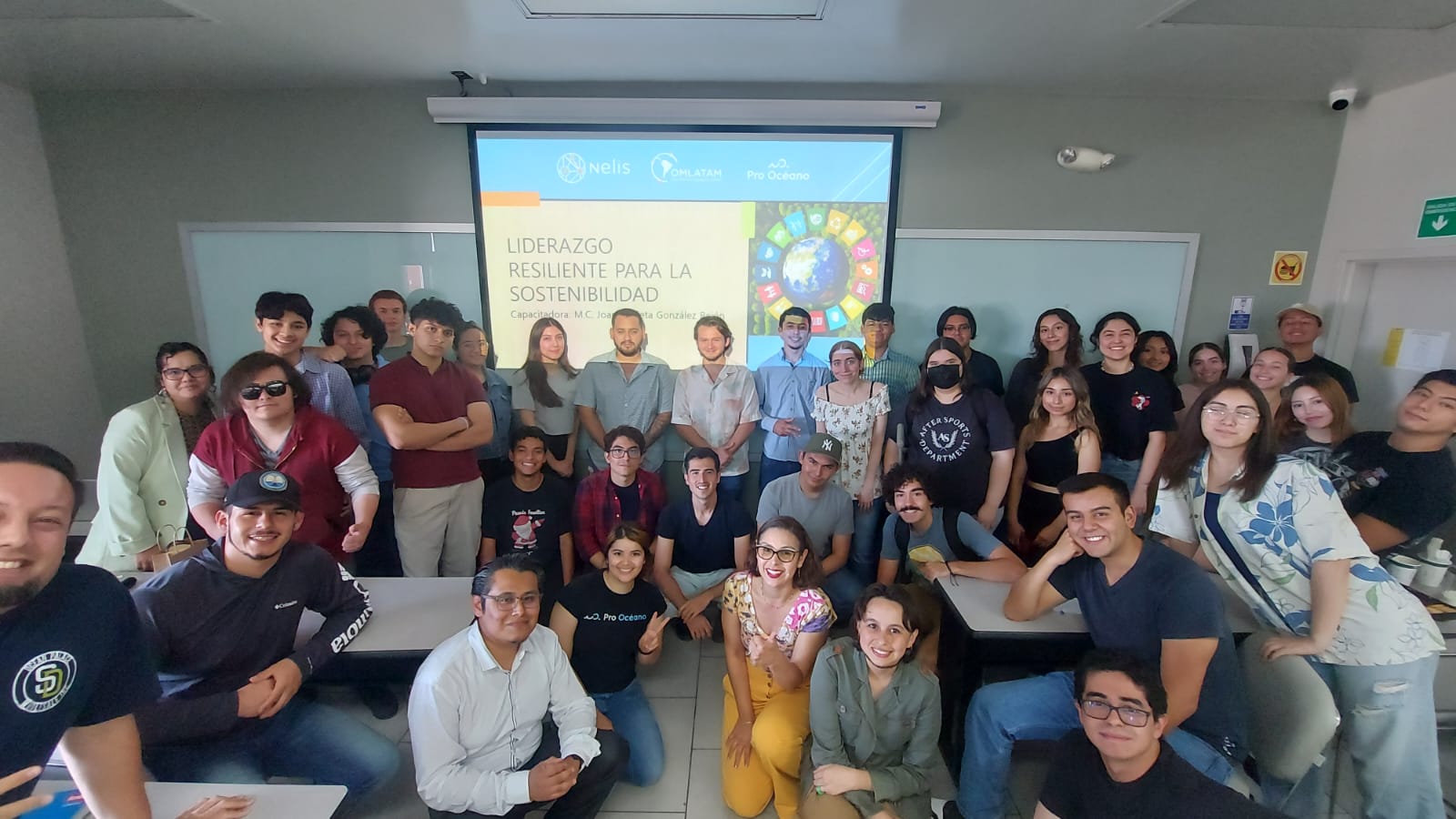
Pro Oceano: Contributing to the appreciation of the ocean and its resources through outreach and empowerment
Joana Julieta Gonzalez Rejon
Mexico
SDG 13
Donation
Digital innovation
Descripcion 1: Pro Oceano is a social project dedicated to the creation of digital content and educational strategies for scientific communication about Mexico's marine and coastal resources.
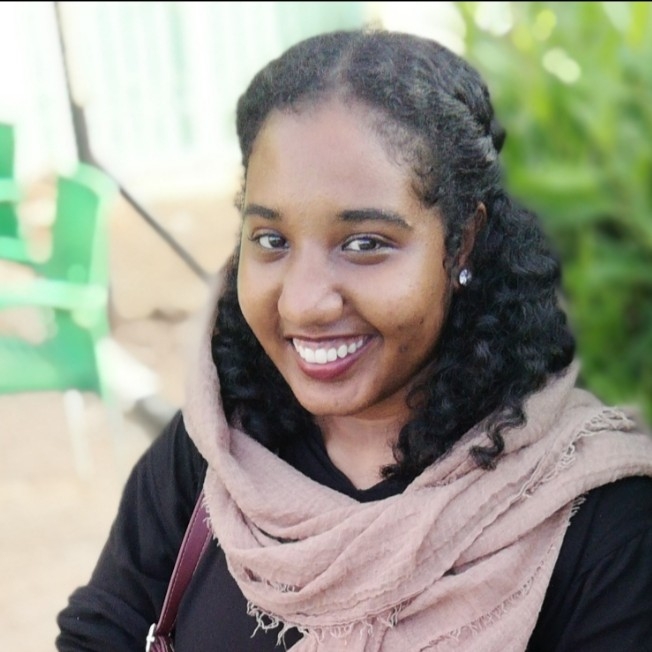
Sustainable impact on food security and reduction of malnutrion rate in red sea state , sudan, 2023 - 2024
Aya Hashim Mohamed Eltahir and team of ten leaders from Sudan
Sudan
SDG 3
Both
Agriculture
Descripcion 1: The project will address the food insecurity in Red Sea state, Sudan through provision of sustainable solutions to the targeted households through the following main objectives:
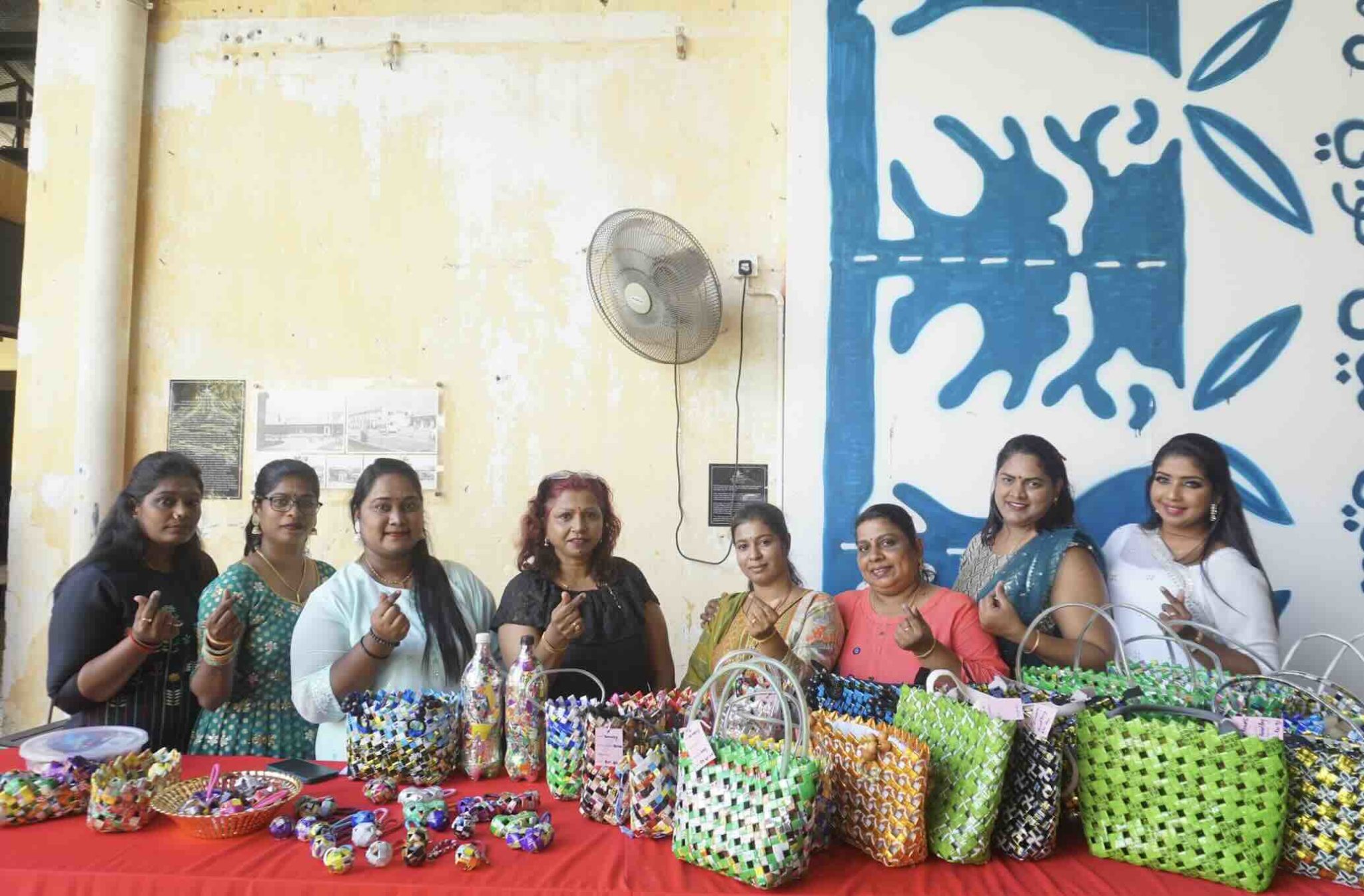
Aisuka.Life Project : Upcycled Products with Non-recyclable Items
Dr Choong Jian Ming (a.k.a Dr Ming)
Malaysia
SDG 2
Both
Cicular economy
Descripcion 1: The Aisuka.Life 3UPs Project empowers marginalized communities by equipping them with the skills and resources to transform non-recyclable waste into functional products.
The One Million Leaders’ Fellowship is a flagship project of NELIS – Next Leaders’ Initiative for Sustainability, aiming to train and empower one million young sustainability leaders across the Global South by 2030. For further details or to be in touch with a project owner, please send us an e-mail: Peter David Pedersen, NELIS, pdp@nelisglobal.org
